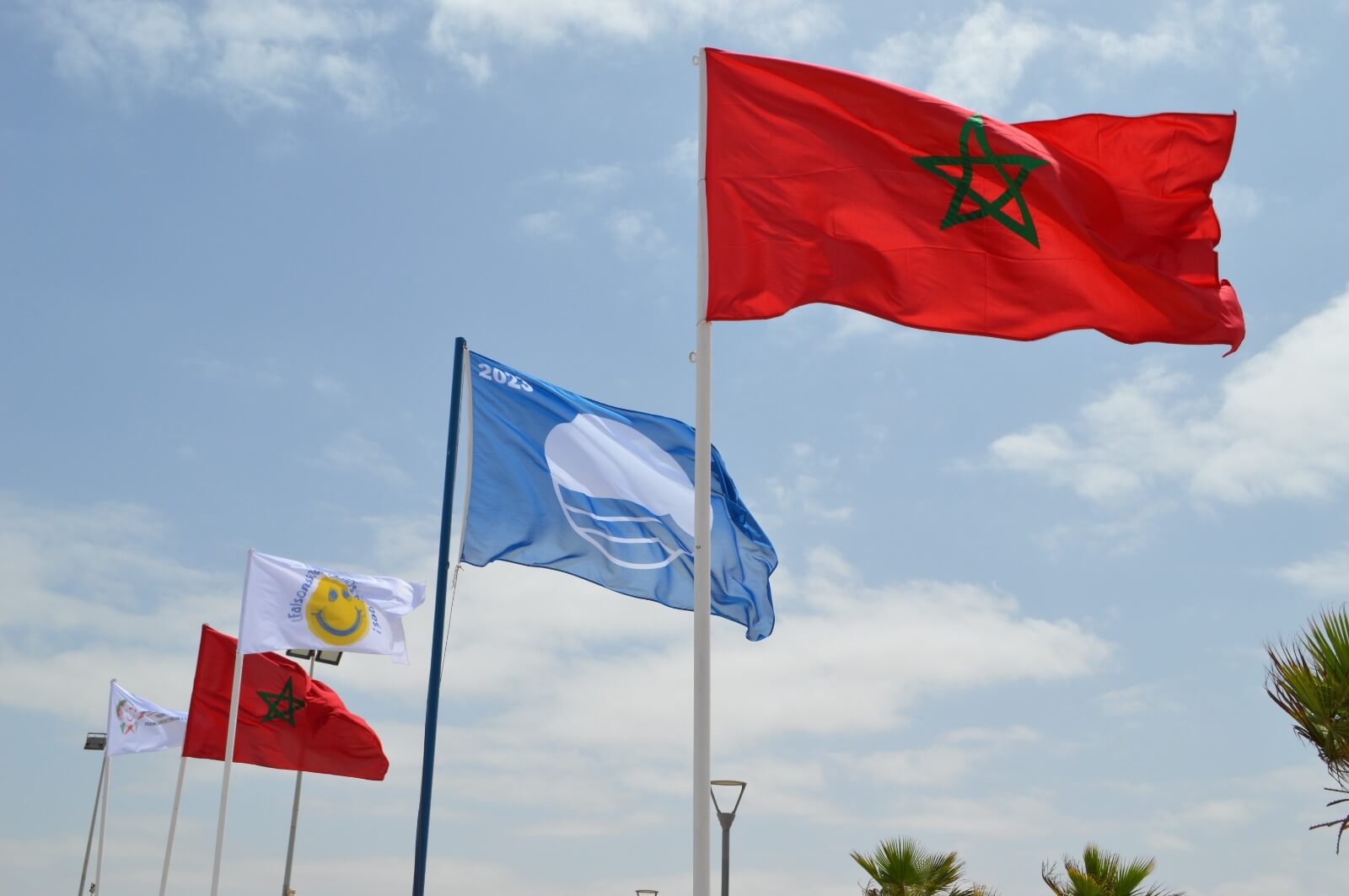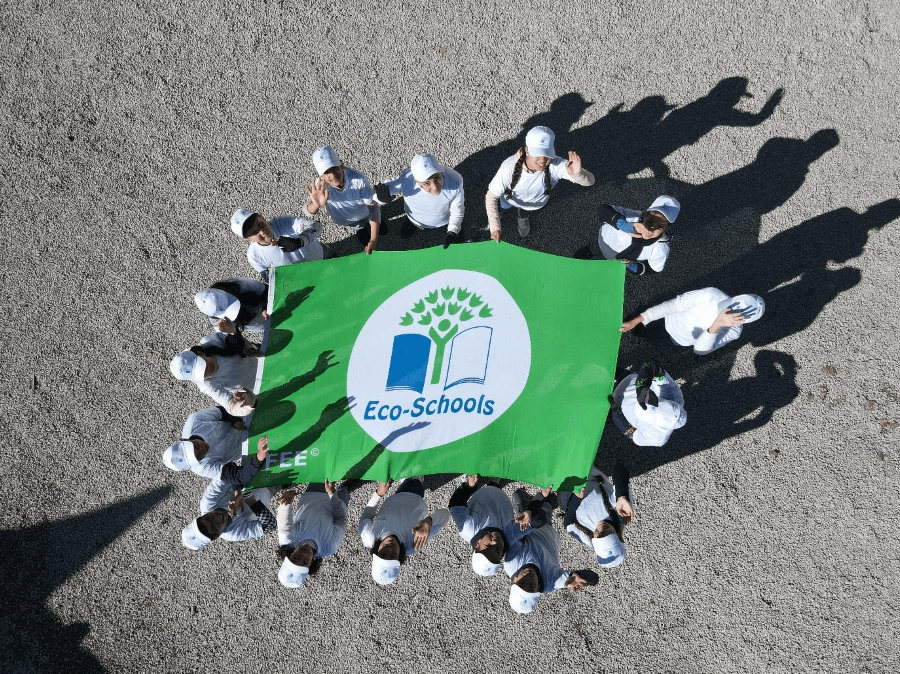
5 December 2017
December 4,2017 : The Foundation organizes a cycle of presentation and animation workshops of its flagship programs on Education for Sustainable development: Eco-Schools and Young Reporters for the Environment.
The Foundation participates to the roadmap 2015-2024 for Education for Sustainable development of UNESCO, currently deployed in a first action program of five years (GAP, 2015-2019). It signed with UNESCO, but also the FAO and the United Nations Framework Convention on Climate Change (UNFCCC) which organizes the COP every year, partnerships to rely locally and regionally this global dynamic.
In that respect, the program Young Reporters for the Environment attempts to conform to the sustainable development goal n° 4 on quality education. The competition aims to develop the raising awareness on environment and critical thinking of the young reporters. It leads them to identify the relevant environmental subjects in their region, to analyze them methodically, to propose solutions and to raise public awareness of issues raised by obtaining the dissemination of their reports in the local media. This year, the 16th edition of the contest suggests the treatment of “Water, for a sustainable world”, so answering the Sustainable development goal n°6 on sustainable management of water resources. The workshops will include agents of the national office for Electricity and potable water (ONEE) – water branch, which will present water resources of every region, their fragility and the way they are managed and protected.
The Eco-Schools program is also in line with the sustainable development goal n°4 on quality education. But it adds also to the six themes traditionally handled by The Eco-Schools program (management of water, energy, waste, food, biodiversity and solidarity) the one of climate change, Sustainable development goal n° 13 of the United Nations. To raise children’s awareness about climate change, the Foundation will present, during these workshops, the educational tools which it has specifically created as well as the didactic resources provided by the United Nations organizations.
These important regional meetings on the Environment will allow stimulating the pupils, middle and high school students. The most experienced schools in both programs will, as every year, share their experiences and present their best practices in order to stimulate newcomers to the programs. Moreover, a further innovation of this cycle 2017-2018, the Eco-schools participating in these workshops will proceed to the raising ceremony of the green flag, the label which crowns their route 2016- 2017, to show to the new registered schools the way to follow.
Finally, for this session 2017-2018, the Foundation invited the winners and the candidates of Lalla Hasnaa sustainable coast trophies from different regions to take part in the training workshops to support their efforts of raising awareness on the ground, and maintain the attention of schools on the fragility of the coastline and the necessity of protecting it.
The Foundation, which relies on the Ministry of national Education for the development of its flagship programs, aims at their national deployment. Today, more than 1900 establishments in 12 academies participate in the 12th edition of the Eco-Schools program and more than 22 000 middle and high school students participated in the young reporters for the environment competition since its launch.

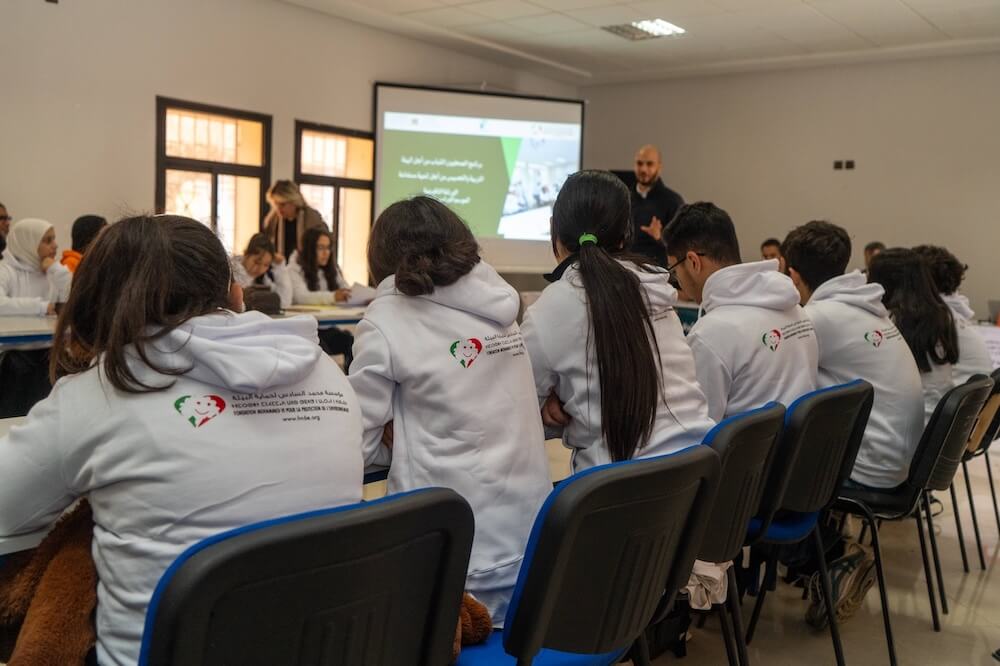
Enhancing Education for Sustainable Development: Launch of Regional Workshops for the Training and Capacity Building of the Educational Community for the 2024-2025 School Year
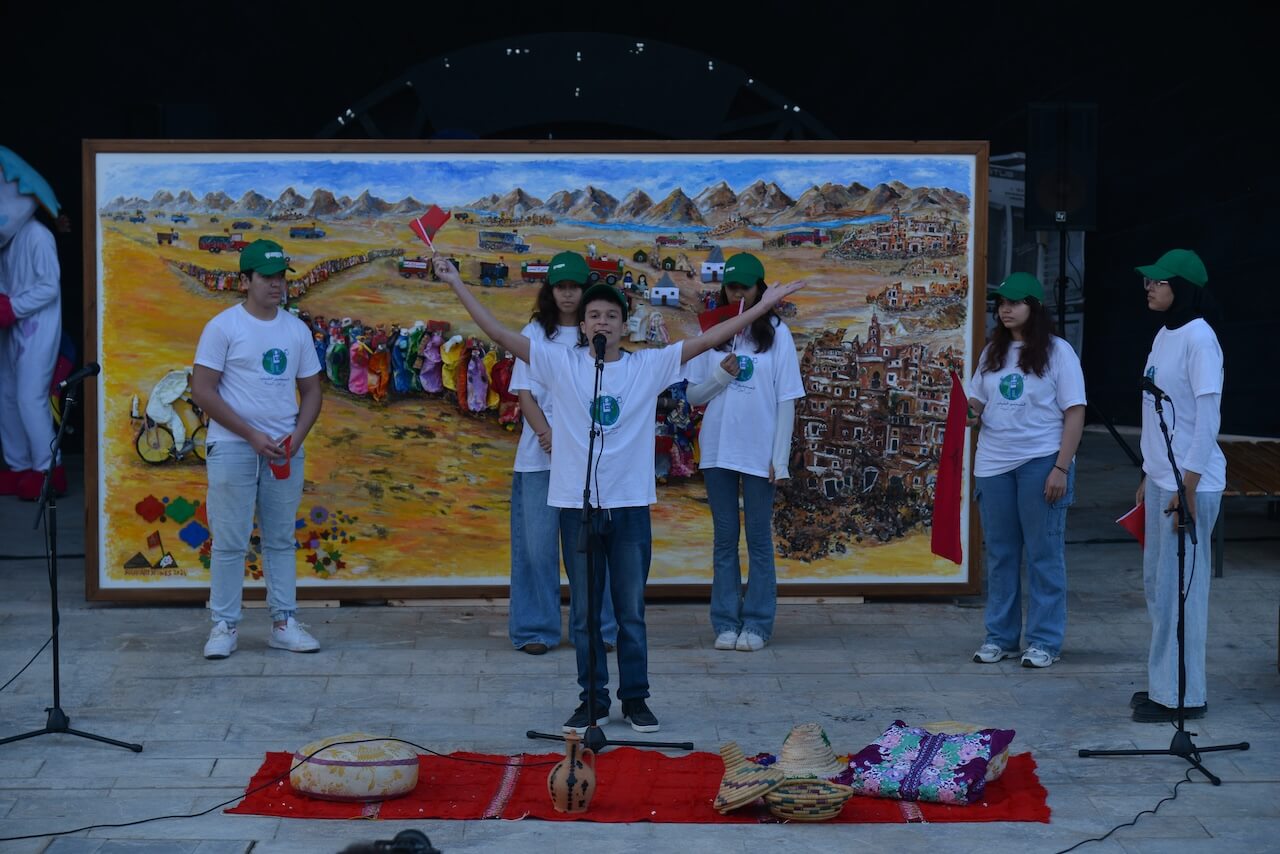
National Training Workshop for Coordinators of Education for Sustainable Development: Driving Innovation and Digitalization for Change, with the Restitution Ceremony of the Solid’Art Jeunes Project
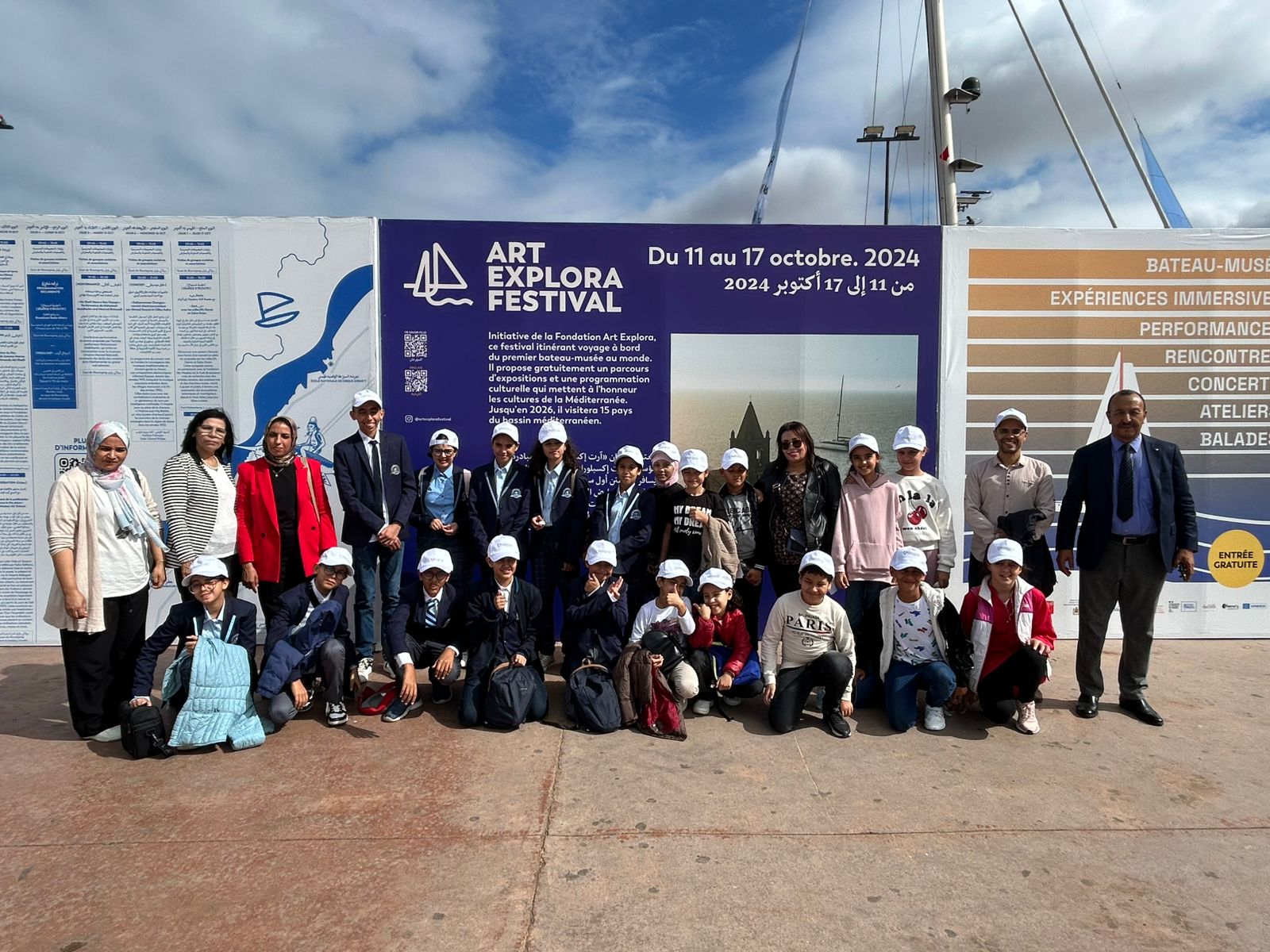
Sustainable Creativity: Eco-Schools and Young Reporters for the Environment dive into the World of ArtExplora in Rabat
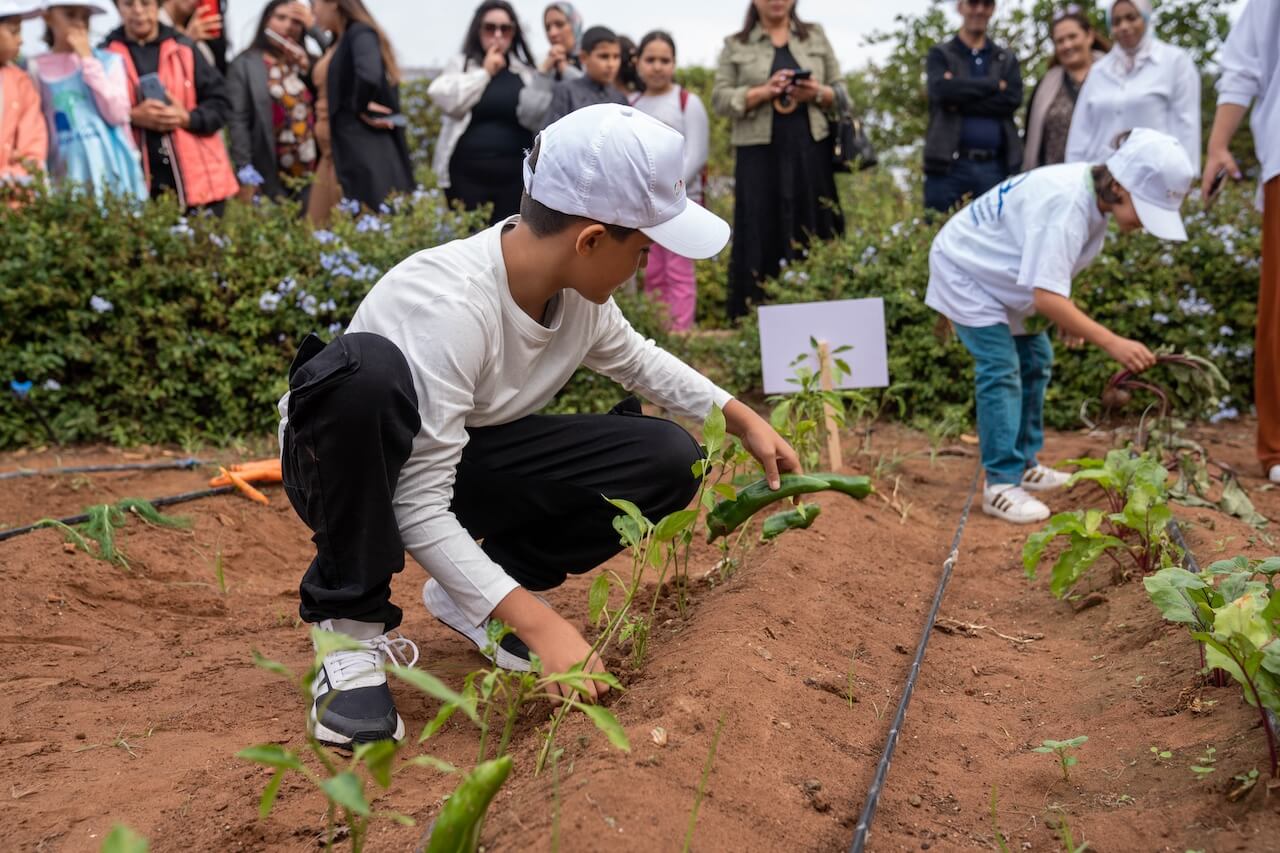
World Food Day
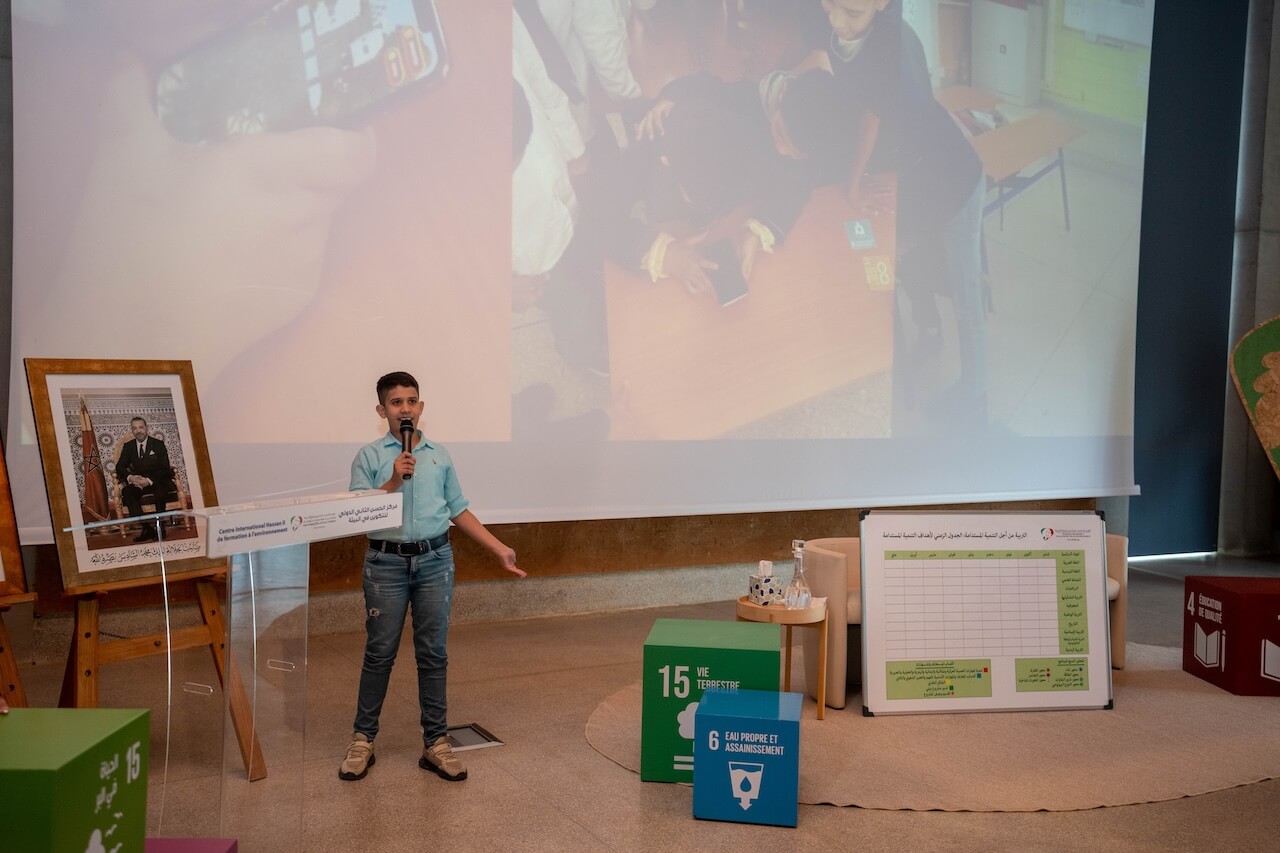
World Environmental Education Day
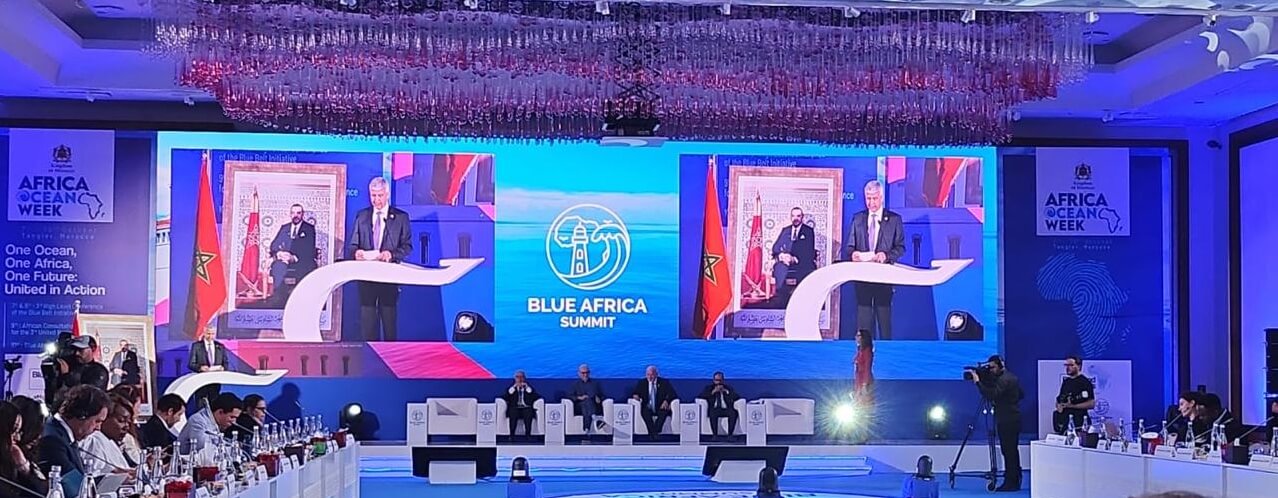
The Mohammed VI Foundation for Environmental Protection took an active part in the “African Consultation in preparation for the 3rd United Nations Conference on the Ocean” and the “Blue Africa Summit” in Tangier.
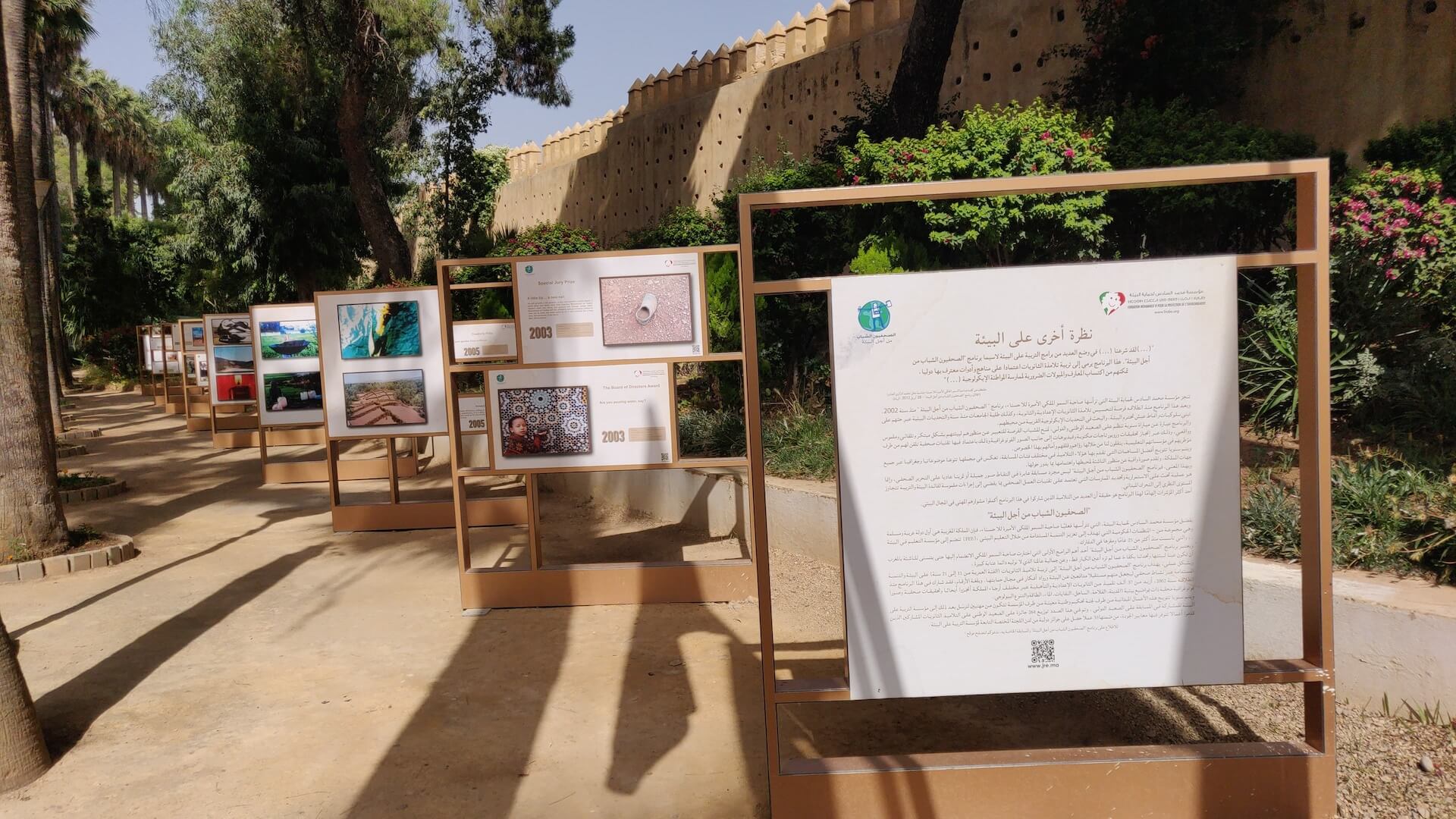
22nd Young Reporters for the Environment competition: natural disasters as theme
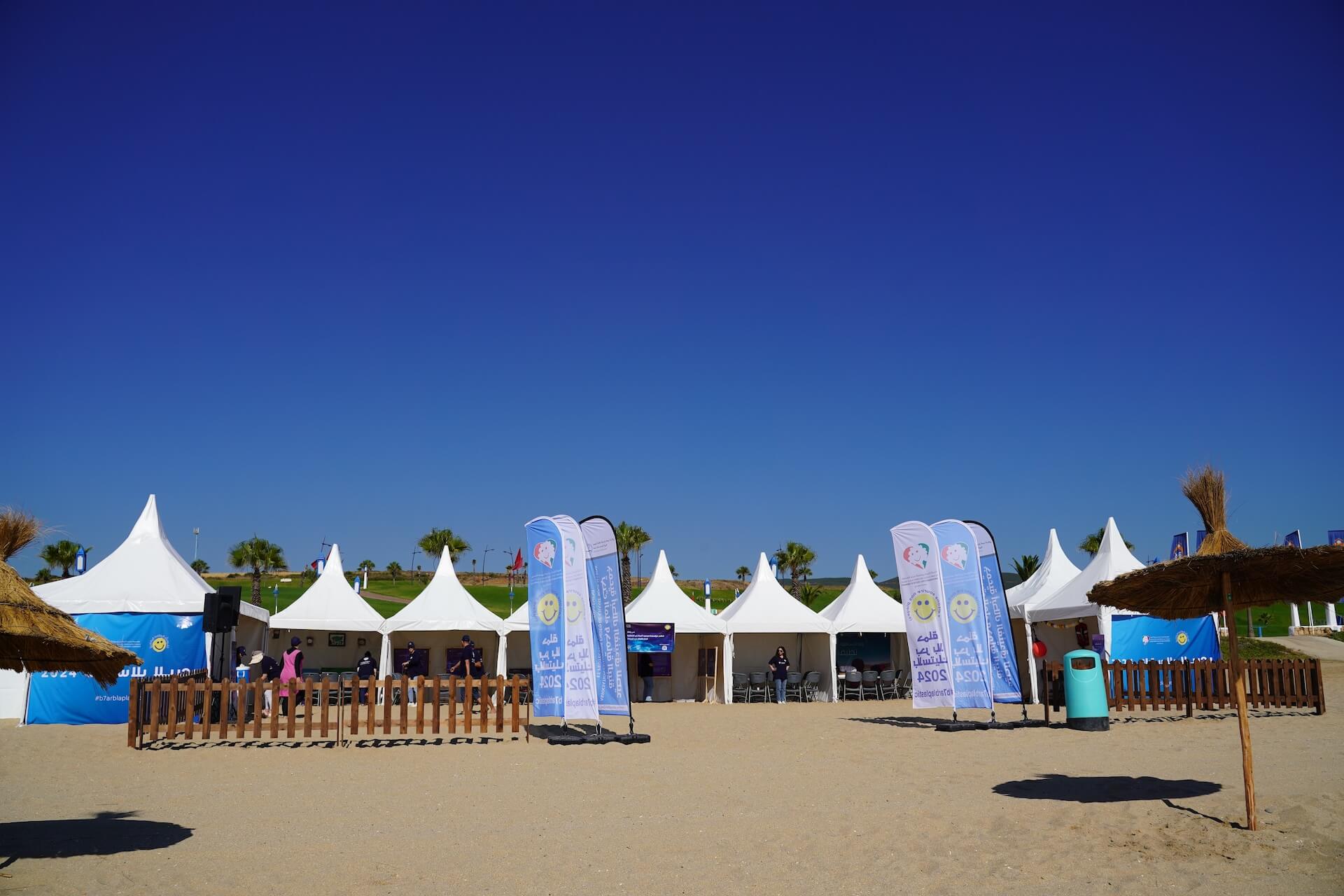
The Mohammed VI Foundation for Environmental Protection launches the 5th edition of the #Bharblaplastic operation (#SeasWithoutPlastic)
